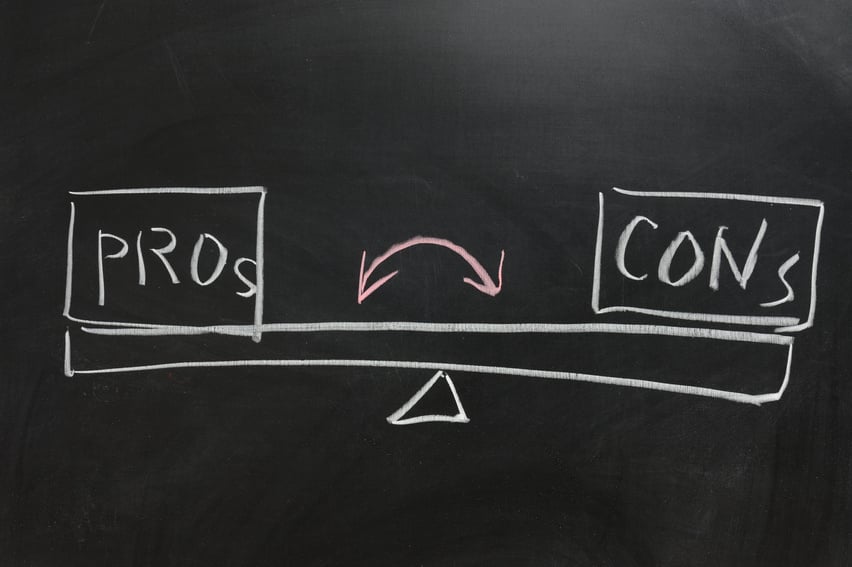The Pros and Cons of Renting to Own
Rent-to-own homes, also known as lease-to-own homes, are a type of real estate agreement where a buyer rents a property for a certain period of time, with the option to purchase the property at the end of the lease. This type of arrangement can be beneficial for buyers who are unable to purchase a home through traditional means, but it also comes with its fair share of drawbacks. In this article, we will explore the pros and cons of rent-to-own homes to help you decide if this type of agreement is right for you.
Pros of Rent-to-Own Homes
- Helps Buyers with Poor Credit: One of the biggest advantages of rent-to-own homes is that they can help buyers who have poor credit. Traditional mortgage lenders often require a high credit score to qualify for a home loan, which can be a barrier for many buyers. With rent-to-own homes, buyers can work on improving their credit while renting the property, which can increase their chances of securing a mortgage when the time comes to purchase the home.
- No Ned for a Large Down Payment: Another benefit of rent-to-own homes is that buyers do not need to make a large down payment upfront. Instead, they can make smaller payments towards the purchase of the property over time. This can be helpful for buyers who are unable to save up a large sum of money for a down payment.
- Provides Time to Save for a Down Payment: Rent-to-own homes also provide buyers with more time to save for a down payment. While renting the property, buyers can work on building their savings and improving their credit score, which can make it easier to secure a mortgage when the time comes to purchase the home.
- Lock in a Purchase Price: Rent-to-own homes also allow buyers to lock in a purchase price for the property. This can be beneficial if property values in the area are increasing rapidly, as the buyer will be able to purchase the property at the agreed-upon price, regardless of how much the value may have increased.
Cons of Rent-to-Own Homes
- Higher Monthly Payments: One of the biggest drawbacks of rent-to-own homes is that they often come with higher monthly payments than traditional rental properties. This is because a portion of the monthly rent is put towards the eventual purchase of the property. Buyers should carefully consider whether they can afford the higher monthly payments before entering into a rent-to-own agreement.
- Risk of Losing Money: Another potential downside of rent-to-own homes is the risk of losing money. If the buyer is unable to secure a mortgage at the end of the lease period, they may lose all of the money they have paid towards the purchase of the property. This can be a significant financial loss, so buyers should ensure they have a solid plan in place for securing a mortgage before entering into a rent-to-own agreement.
- Limited Inventory: Rent-to-own homes may also have a limited inventory, as not all sellers are willing to enter into this type of agreement. Buyers may need to be patient and persistent in their search for a rent-to-own property.
- More Complicated Process: Rent-to-own homes also come with a more complicated process than traditional rental or home purchase agreements. There may be additional paperwork involved, and buyers should ensure they fully understand the terms of the agreement before signing on the dotted line.
In conclusion, rent-to-own homes can be a good option for buyers who are unable to purchase a home through traditional means. However, buyers should carefully weigh the pros and cons before entering into a rent-to-own agreement. If you're considering a rent-to-own home, it's important to take time to browse options and understand the process. When you're ready, work with a real estate professional who can guide you through the process and help you make an informed decision.
Learn More about RTO




